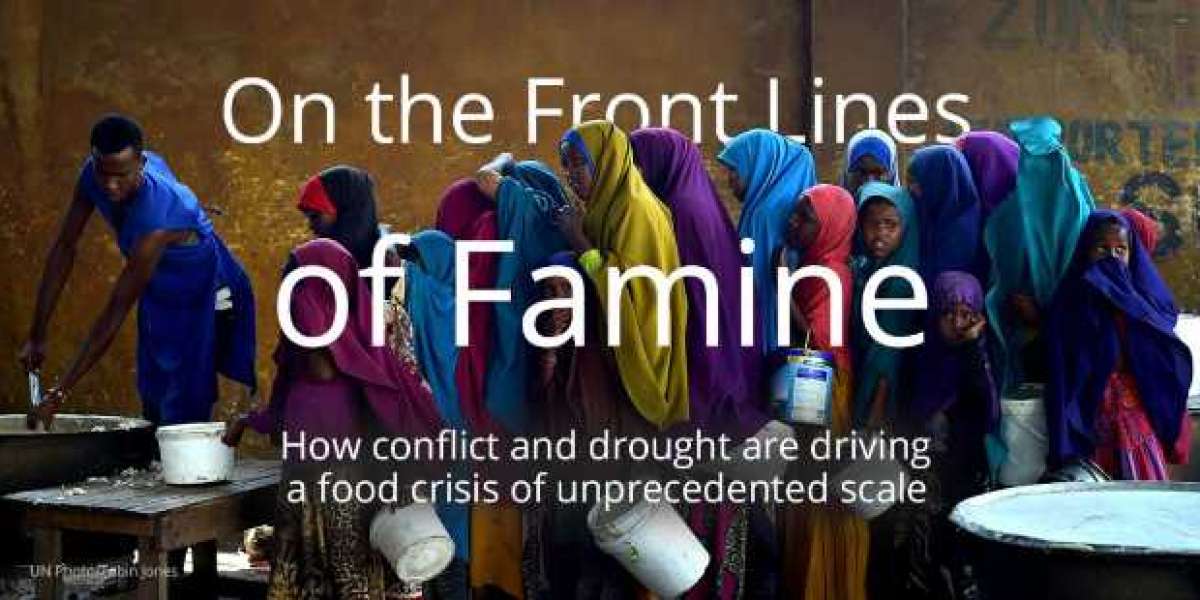The growing concern for our planet's health has led many to explore the concept of sustainable living. This lifestyle emphasizes reducing one's environmental impact through thoughtful, eco-friendly choices that conserve resources and promote the well-being of future generations. At its core, sustainable living is about finding balance—making small, everyday changes that collectively make a significant impact on the environment.
One of the most effective ways to embrace sustainable living is by reducing waste. This can start with simple actions like choosing reusable products over single-use plastics. For example, bringing your own bags to the grocery store, using a reusable water bottle, or opting for cloth napkins instead of paper can significantly cut down on the amount of waste produced daily. Composting organic waste is another excellent way to reduce landfill waste while enriching soil for gardening. Recycling is also crucial, ensuring materials like paper, glass, and plastic are reused rather than discarded.
Another key aspect of sustainable living is energy conservation. Reducing energy use not only lowers utility bills but also decreases the demand for fossil fuels, which contribute to greenhouse gas emissions. Simple steps such as switching to energy-efficient light bulbs, unplugging electronics when they are not in use, and using programmable thermostats can make a significant difference. Additionally, considering renewable energy sources like solar or wind power can further reduce one's carbon footprint and promote a more sustainable energy future.
Food choices are equally important in the journey toward sustainable living. Opting for locally sourced, seasonal produce supports local farmers and reduces the carbon emissions associated with transporting food over long distances. Reducing meat consumption, particularly beef and lamb, can also lower one's environmental impact, as livestock farming is a significant source of methane, a potent greenhouse gas. Plant-based diets or even incorporating more vegetarian meals into your weekly routine can promote health and sustainability simultaneously.
Water conservation is another vital component of sustainable living. Water is a precious resource, and mindful usage can help preserve it for future generations. Simple practices like fixing leaks, taking shorter showers, using water-efficient appliances, and collecting rainwater for garden use can make a big difference. Every drop saved contributes to the greater goal of sustainability.
Transportation also plays a significant role in the practice of sustainable living. Choosing alternatives to driving alone, such as biking, walking, carpooling, or using public transportation, can significantly reduce greenhouse gas emissions and decrease urban congestion. For those who need a car, considering a fuel-efficient or electric vehicle can help minimize environmental impact while still providing the convenience of personal transport.
Finally, adopting a minimalist approach can complement efforts towards sustainable living. This mindset encourages people to buy less, choose quality over quantity, and prioritize experiences over material possessions. By carefully considering each purchase and focusing on items that are truly needed and built to last, individuals can reduce waste and their overall environmental footprint.
In conclusion, sustainable living is about making conscious choices that benefit both the environment and society. Whether it’s reducing waste, conserving energy and water, making sustainable food and transportation choices, or embracing minimalism, every step counts. By incorporating these practices into daily life, individuals can contribute to a healthier, more sustainable planet for future generations.







